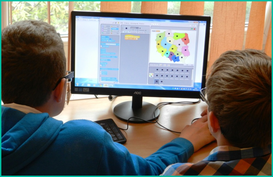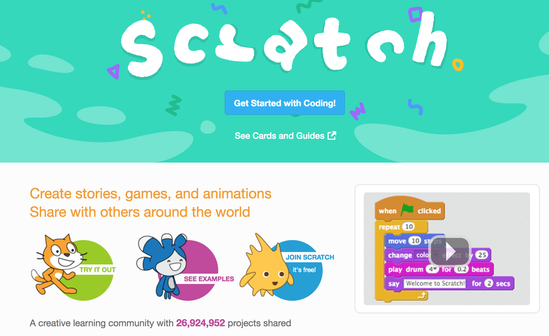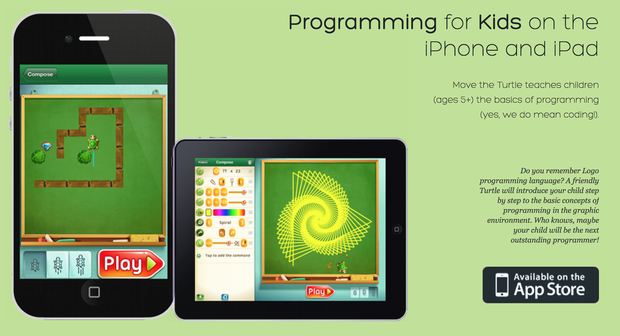
More and more, educators and education administrators are obtaining new skills that allow them to grasp technological trends that best position them to teach young learners.
Below are just a few standout examples of how computer programming is offered to students in the early education classroom in ways that ensure engagement:
Apps!
- Tynker - Available in mobile and desktop versions, Tynker focuses on helping kids acquire crucial 21st century skills and apply them to a variety of projects based on their interests. Some of the projects Tynker allows students to tackle include: applying coding concepts to app building, code robots, “mod minecraft”, and more!
- Scratch - Developed by the Massachusetts Institute of Technology Media Lab, Scratch is a “creative learning community” that enables young students to learn code by creating stories, games, and animations.
- Kodable - Kodable is a programming instruction application that uses videos, lesson plans, and interactive assessments to integrate programming into the classroom. Kodable is unique because it includes both on-screen and off-screen components, so students can learn on the go.
Mobile Games!
- Move the Turtle - Move the Turtle follows the progress of a turtle as he tackles levels that increase with difficulty as you proceed. This game emphasizes using imagination to solve a variety of programming related tasks and can be played on both tablet and mobile devices.
- Hopscotch - Hopscotch is an app that allows you to learn code by allowing you to “make anything”. You can use basic programming techniques to create your own mini-games, beautiful drawings, space adventures, and much much more!
- Daisy the Dinosaur - From the same makers as Hopscotch, Daisy the Dinosaur is designed with the earliest coders in mind. It is the perfect way to introduce code to kids and uses a dinosaur protagonist to keep them intrigued!
- Think and Learn Code-a-Pillar - This mobile game by Fisher-Price also has an offline toy component. This is a great way to utilize, not only technology, but hands-on playtime in teaching code to young learners.
- Nancy Drew: Codes & Clues – Mystery Coding Game - This game, from Her Interactive, allows kids ages 5 and up to find clues and solve mysteries using code! Lindsey, a technology educator says “As an instructional technology teacher, Nancy Drew: Codes & Clues, gets my kids excited about coding and puts those skills in a fun and familiar context. Who could want more than that?”
One of the most important things to remember is to make learning code fun. Placing more emphasis on creating lifelong learners is more important than demanding high achievement. After all, it has been shown that a “love of learning is more predictive of success than grades”.
About the Author: Sam Frenzel is a writer for Teach.com based in upstate New York where he covers topics from education policy to technology in education.














